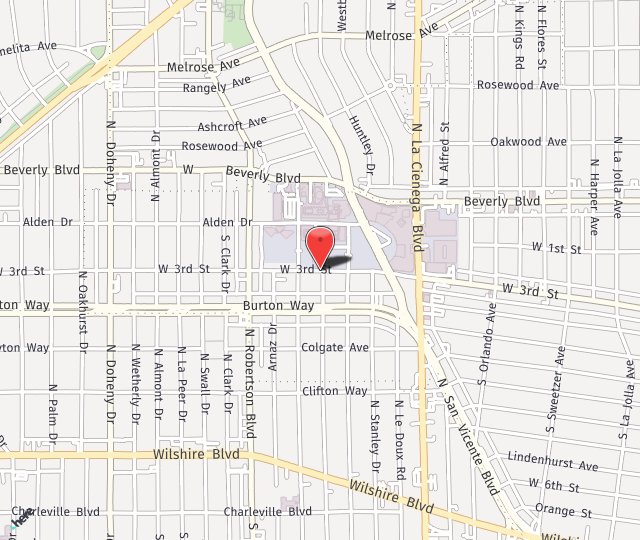What is Acute Flaccid Myelitis?
- Posted on: Jan 15 2019

Dr. Seruya has been involved in treatment and consultation for cases of AFM because it is both a nerve condition and it is mainly affecting children.
What is acute flaccid myelitis?
It affects the nervous system in the area of the spinal cord called the grey matter, causing the muscles and reflexes to weaken. AFM is characterized by a sudden weakness in one or both arms or legs, along with loss of muscle tone and decreased or fully absent reflexes. Some patients also have pain in their arms or legs. Dysfunction with the nerves controlling the head and neck, difficulty swallowing, or drooping eyes can also be a part of AFM. The most severe symptom of AFM is a respiratory failure that can happen when the muscles involved with breathing become weak. AFM may also trigger other serious neurologic complications that could lead to death.
What is causing AFM?
Certain viruses are known to cause AFM, including poliovirus, enterovirus A71, and West Nile virus. Since these cases have spiked in 2014, over 90 percent of patients who developed AFM had a mild respiratory illness or fever consistent with a viral infection before the AFM developed.
Researchers are still trying to link AFM to a specific pathogen, but this has proven to be elusive. Pathogens found in the spinal fluid could point to a direct cause, but these are not being found, despite extensive testing of AFM cases. It’s thought that the pathogen has been cleared by the body or is hiding in tissues, making it difficult to detect. Another possibility is that the pathogen triggers an immune response in the body that causes damage to the spinal cord.
Is there treatment for acute flaccid myelitis?
At this point, there is not a specific treatment for AFM. Dr. Seruya has pioneered a special surgery that rewires the body. It takes healthy nerves and attaches them to muscles that have stopped working. The procedure basically bypasses the area of the spinal cord that has been damaged by AFM. This surgery is showing promise for children with cases of AFM if they have upper body paralysis and are treated within a year of becoming affected.
Do have any questions about AFM and Dr. Seruya? Please call us at our pediatric office, (310) 423-2129.
Posted in: Uncategorized

